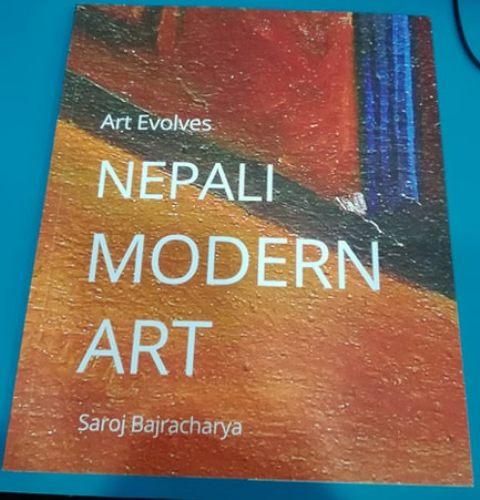The website of Backstreet Academy tells you it will help you meet people you would otherwise never meet and do things you will never get to do. It’s apparently how you should travel. And Backstreet Academy, a travel venture that connects travelers with locals and experts for a cultural exchange to make for an ultimate travel experience, aims to help tourists truly enjoy a place while the locals reap the benefits of tourism.
According to Kanti Thapa, program manager at Backstreet Academy, the venture helps you discover and experience the traditions and culture of a city in its truest essence. Backstreet Academy was the brainchild of three university friends, Anil Gurung, Akash Gurung and Jamon Mok, who always wanted to promote entrepreneurship among the youths in Nepal.
Before launching Backstreet Academy, they actually ran a social enterprise that provided financial aid to youths who wanted to set up their own companies. Besides financial help, the youths were also taught appropriate strategies to lead their company efficiently. However, despite putting in their best efforts, it became hard for the team of three to sustain their enterprise.
‘Art Evolves: Nepali Modern Art’: Review

Then one day, one of the founders happened to visit a small mask shop in one of the allies in Thamel where he was taught to carve masks in just four hours. He discussed this with his other two friends and, together, they came up with the concept for Backstreet Academy through which they would promote all those interesting and culturally rich activities hidden in the backstreets of Nepal. After analyzing the kinds of locations, types of activities, the number of approximate guests and their safety, in March 2014, Backstreet Academy was officially launched.
“We got the inspiration for the venture from the backstreets of Nepal and also the main motive behind it was to bring to the forefront the underrated activities of the backstreets. So, we didn’t think there could be another suitable name for the company,” shares Thapa, on behalf of the founders.
Currently, Backstreet Academy has reached 43 different cities in more than ten countries. Each city has a separate office but they all operate with a common motive of building an effective gateway for locals to access the tourism industry of that particular place.
You don’t need to be a professional or an expert in an area to be a part of Backstreet Academy. Anyone with any knowledge of any particular activities such as cooking, carving, pottery, martial arts, farming, or painting are eligible to be the host and organize the workshops. However, underprivileged and disadvantaged communities are given priority in order to help them earn some extra cash and uplift their standard of living.
Before opening the classes and workshops to the guests, an authorized team will be running a strict check to ensure that the location, tools or ingredients, type of course and trainers are safe for the visitors. Once the hosts are selected, they are further educated about the basics of tourism and trained under experts in order to further hone their skills. Then the company uploads all its offerings on its official website with descriptions and price details. Interested individuals are suggested to go through it to be well aware of the amenities, the difficulty level, religious differences and gender roles in the area before making any reservations.
On the day of the class, the facilitators will also be joining the session along with the travelers. They are considered representatives of the academy who have been well trained to assist in all matters of communication between the trainer and the trainees. Not only are they translators but they are also equipped with all necessary information such as important numbers in case of any emergencies. Thapa says that these facilitators are basically youths who wish to make productive use of their free time.
Living up to its name and motive, the venture has truly assisted in the advancement of the impoverished communities. Today, they have lifted hundreds of people out of poverty by increasing their daily income to three to four times more than what they earned previously. Similarly, it has also gathered many happy customers from all over the world. The ratings and reviews, and comments on their website stand testimony to that fact. The company aims to expand and reach more cities in the days to come.
“There are no limitations to our goals. The end of every class is a motivation for us to start a new one. So this journey of helping both the locals and tourists will continue and get better with each day,” concludes Thapa.






































